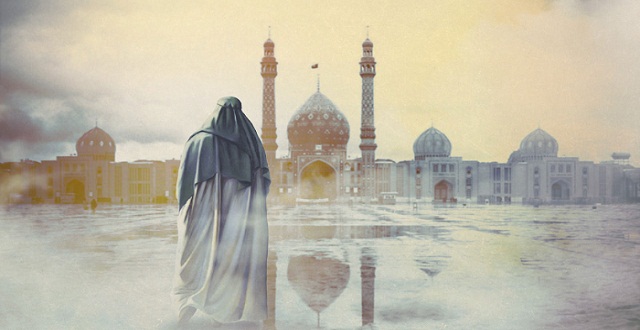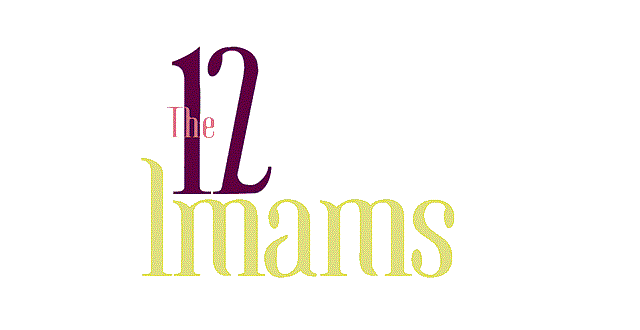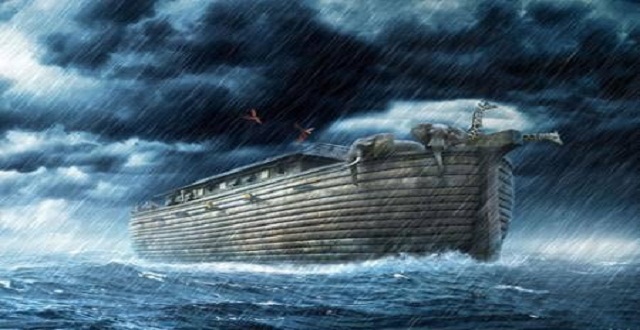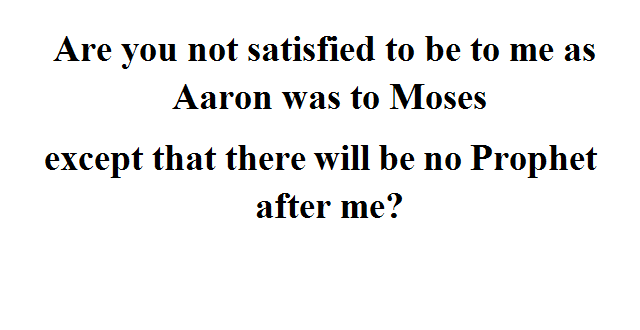Evolution of Societies
There is no doubt that at the first look, evidences show that the world is moving toward a “disaster”; the disaster which is the result of “leaving the affections”, “increment of the distance between rich and poor societies”, “intensification of conflicts between big and small governments”, “fast growth of crimes”, “moral, spiritual and intellectual disorders”, “unfavorable and unpredicted products of mechanical life”, etc.
A disaster which its feature will be described by comparing today’s conditions with the past and is considered as an effective factor for the growth of sprouts of pessimism in the depths of the minds of the most optimistic people.
International known people say:
The amount of atomic bombs stored at the arsenals of big governments is enough for completely demolishing the entire population of the world, not only once but seven times!
They didn’t have built these armaments with those tremendous costs, which can be expressed by astronomical figures, without purpose, they are not plaything, they have been built for a frightening war; and finding an excuse for beginning that war is not a hard task in this world with this much of border conflicts and mutual violation of interests and detonable regions.
Also, we can find enough “feeling of ambition” and “madness of power” in major rulers of today’s world, for beginning such war!
Therefore, it is predictable that in a not so far future “the big disaster” happens and humanity vanishes in a widespread nuclear war, or because of economical poverty as the result of monopolization of the big powers, or the end of energy resources or inhabitability of the environment!
But against this much of elementary factors for pessimism, deeper studies show that bright future is coming:
These dark clouds with frightening thunders will finally disappear.
This pitch-black night will be followed by a bright hopeful dawn.
This coldness of the winter of ignorance, corruption, oppression and injustice will be followed by the glowing spring of justice.
This lethal sadness, this fatal storm and this destructive flood finally ends, and if we see clearly there are signs of the coast of rescue in faraway horizons!
The first logical reason for this matter is the law of evolution of societies:
From the day in which humans have found themselves, didn’t have an invariable life, but they have tried to move themselves and their society forward by the inspiration of inner motive, and maybe unconsciously.
About housing, someday humans were living in caves and now they have built skyscrapers; which can hold the population of a small city by having all living tools and necessary facilities of people of a city!
About clothing, someday humans made their clothes from leaves, but today they have thousands of types of clothes with thousands of designs and forms and still seeking more colors, designs and materials.
Someday the food was so simple and limited, but today it has become so expanded that only mentioning the names of the foods need a big book.
Someday feet were the only vehicle, but today humans get in spacecrafts and move through the skies and visit other planets.
About science and knowledge, someday a piece of paper could include the entire human knowledge, although it has not been invented yet, but today even millions of books cannot express the human knowledge.
That day, discovering the fire and inventing a round object like the “wheel” and a sharp tool like a “dagger” was a great discovery and invention, and he was very happy of passing a river by building a bridge over it when he has put a tree on that, but today heavy industries and astonishing inventions confuse any observer, and complicated system of electronic brains moves him into a world of imagination and dreams.
And it is wonderful that humans are satisfied with none of them and still tries to reach a higher level, a pursuing and unstopped endeavor.
We conclude from the whole discussion that love of perfection is an everlasting fire inside the human soul, and in fact one of great advantages of human; which separates him from animals and other living creatures, which are not progressing for millions of years and seemingly have an invariable life, is this.
And again finely it can be concluded that, this great organization won’t be stopped and still moving humanity in the way of perfections and uses its forces for overcoming problems, disorders and disharmonies of present life.
It takes toward a society in which “moral perfections” and “material perfections” are in company.
Toward a society in which there is no effect of destructive and anti-perfection wars and bloodsheds.
Toward a society in which only “peace and justice” rule the destiny of humans, and in which aggression and imperialism, which are the most important obstacles of his “material and spiritual perfection”, are dead.
Maybe some people say that all previous perfections were in material aspects and there is no reason for evolution to include spiritualities.
But, the answer of this question is clear, because:
Firstly, it is also possible to find lots of principles of spirituality and humanity in previous perfections; for example, there are no few immaterial sciences among human sciences which have advanced greatly toward perfection; and for instance, the belief of primitive humans about “god”, which was in the form of worshiping stones, wood and even idols made of dates, is not comparable with the understanding of a clear-minded God-believing scholar or a spiritual wise man living today about this issue.
Secondly, perfection is perfection in anywhere, and the love; which we find inside our souls about that have no limit and we are searching for that in all aspects and moving toward that.
Furthermore, material and spiritual principles are not separated; and for instance, the spirit of aggression and dominance is as destructive for material life of humans as a powerful atomic bomb! Even the second one won’t be used without the first one!
And from this point, we understand that perfection will be continues in all aspects.
This is the time when the first sparkle of hope for reaching the bright future and the world full of peace and kindness, brotherhood and equality appears under “the law of evolution of societies”.










